YOU SHOULD NOT MISS THESE HEADLINES ON PRUDENCE JOURNAL
Jumia stops food delivery services in Nigeria and other African markets over profitability concerns
Tems opens up on pregnancy rumours with US rapper Future, says she got death threats
US House of Reps launches Republican impeachment inquiry against Biden
Afrobeat superstar Wizkid donates N100 million to children for Christmas
South African singer Zahara dies of liver complication at 36
Nigeria’s central bank to freeze accounts without BVN or NIN
Elon Musk blasts advertisers who pulled spending from X
70-years-old woman delivers twins after 40 years of barrenness
Israel Fails to Provide Evidence of Hamas Command Center in Al-Shifa Hospital Raid

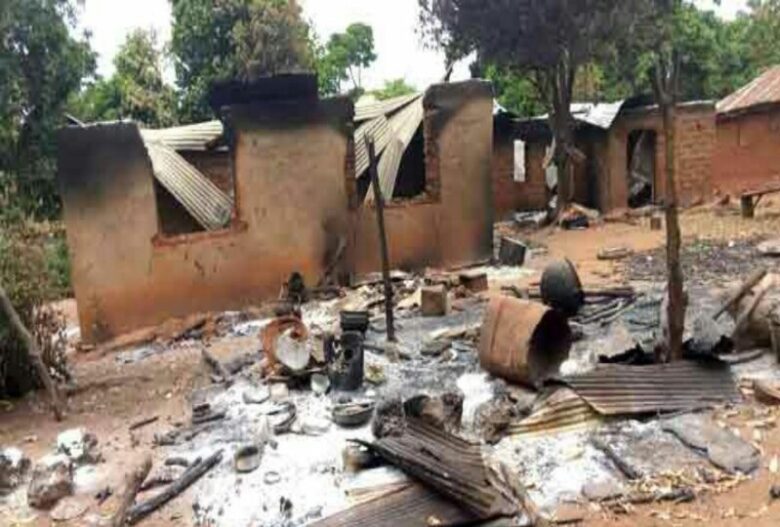



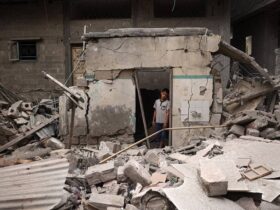
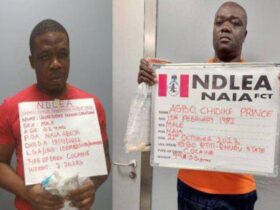
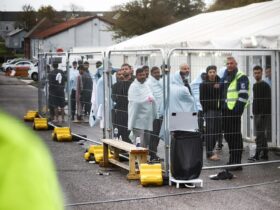
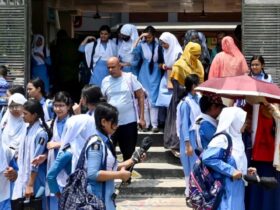
Got a Question?
Find us on Socials or Contact us and we’ll get back to you as soon as possible.